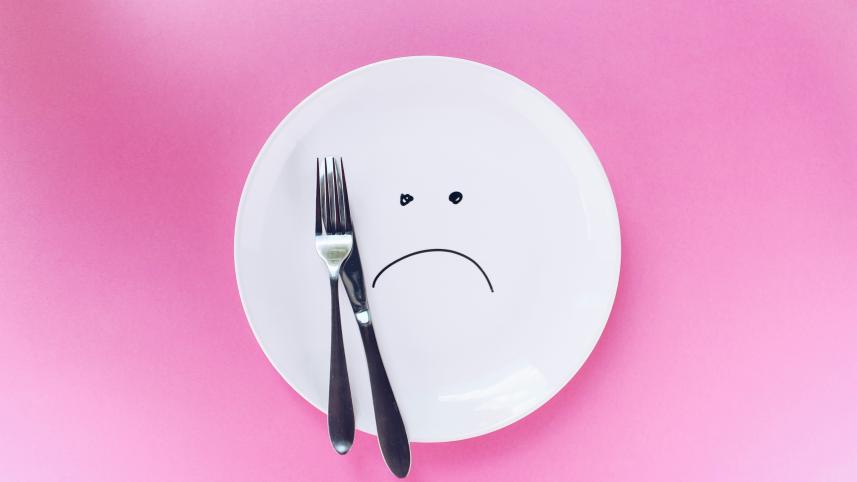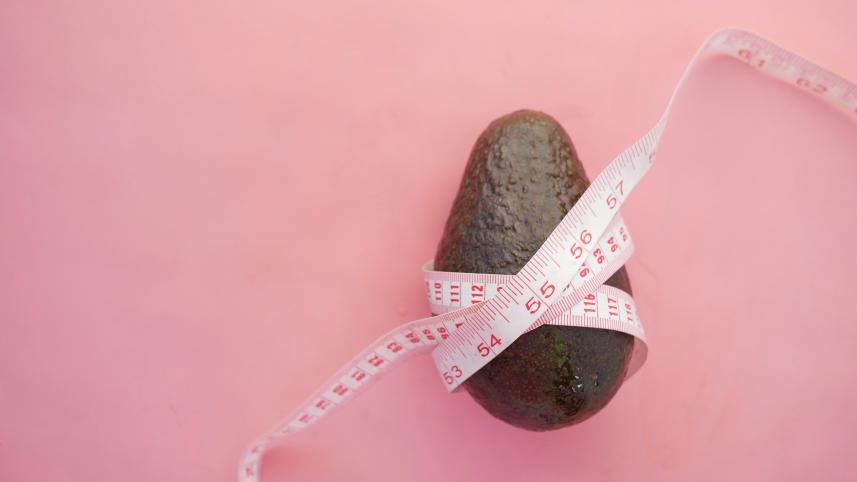I did the 36-hour fasting, and this is what happened

I have tried many diet experiments before, but the 36-hour fast was something I'd only read about in passing. People call it a "monk fast" in some corners of the internet, the kind that promises metabolic reset, clarity of mind, and a lighter body. I went in curious, half sceptical, half hopeful, and here's how it actually played out.
The first six hours were like a breeze. Breakfast is never at the top of my list, dubbing me the non-breakfast person, which is why skipping it right after I wake up is not a problem. As the hour hand crossed the 12-hour mark, I got a sudden, similar vibe of Ramadan fasting, with one key exception: staying hydrated. The hours were kinder, with me sipping water with no restriction, and it was somehow comforting to know that I was not getting parched and dried up for the sake of self-control.
Crossing into the 24th hour was where the game changed. My focus began to wobble. Emails that usually took me five minutes suddenly stretched to twenty. Brain fog set in; not unbearable, but definitely noticeable.
The 30th hour was brutal. Hunger returned, and every smell in the house turned into a personal attack. And if you live in a brown household, you know how unforgiving that can be. Relatives casually dropping lines like "Have you gained weight?" while frying up piyajus does not exactly help. At this point, I questioned whether the whole experiment was worth it.
However, then came the finish line. I had the foresight to time the end of my fast to align with the time I usually wake up. The results genuinely threw me off. My body felt lighter, my joints moved more freely, and the fog that had hung over my thoughts the day before vanished. Instead, there was a sharpness, not superhuman, but discernible. It felt like my body had undergone a spring cleaning.

Curious to know what happens inside you with a prolonged fast? At the 12-hour mark, your body begins to burn stored glycogen. After around 18-24 hours, the turn of fat to burn takes over after glycogen levels drop, releasing ketones. This shift leads to the mix of brain fog, then, later, clearer energy. Longer fasts also flick on cellular "housekeeping" like autophagy, where damaged components are recycled. It's not a magic anti-ageing button, but it is real and measurable.
Breaking the fast is just as important as the fast itself. You can't just dive into curry with rice and expect your stomach to be okay. I started with small sips of water until I finished a glass, then a banana that helps the gut stay cool, and then small nibbles of a paratha, fried egg, and sausage. That first meal felt like a turbo start to my already tuned system. The energy boost that came after it helped me get through the day.
Fasting for this long is not a magic cure. It's not a guaranteed ticket to longevity or six-pack abs. The end goal of the 36-hour fast was never only about restricting food intake. It was about self-control, a reset to my internal bio-mechanism, and most importantly, being patient in a society where meals are more important than self-control. I had spring in my step, clearer thoughts, and I felt like I had a new start when I got out. Would I do it again? Yes, but only when my body needs a break.
Disclaimer: This article is a personal experience and should not be taken as medical advice. Prolonged fasting may not be suitable for everyone, especially individuals with underlying health conditions. Please consult a healthcare professional before attempting extended fasts or making significant changes to your diet.


 For all latest news, follow The Daily Star's Google News channel.
For all latest news, follow The Daily Star's Google News channel.
Comments